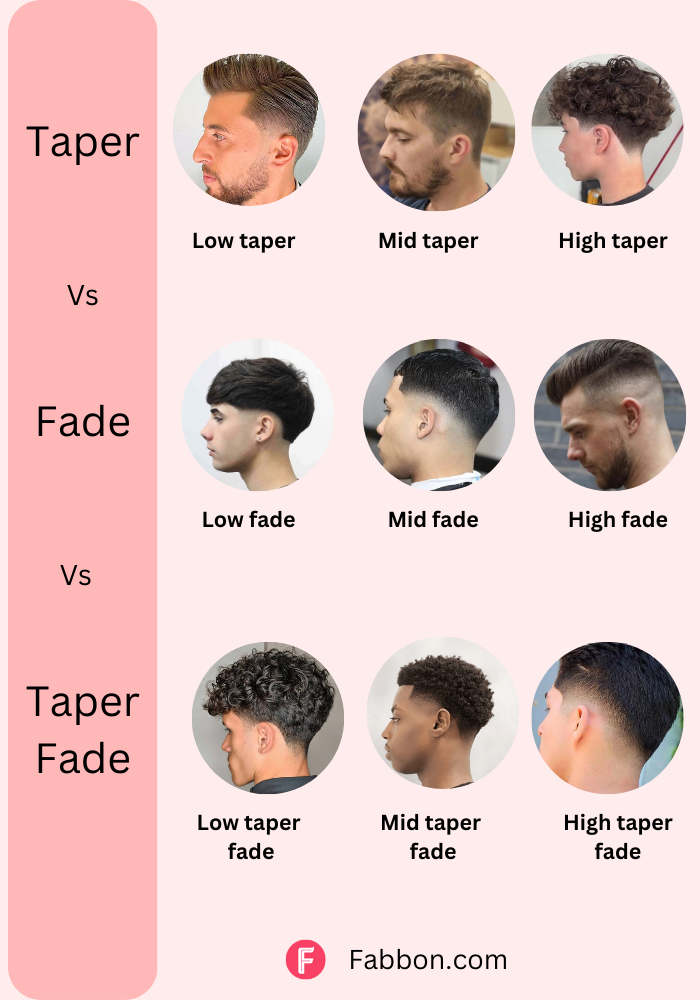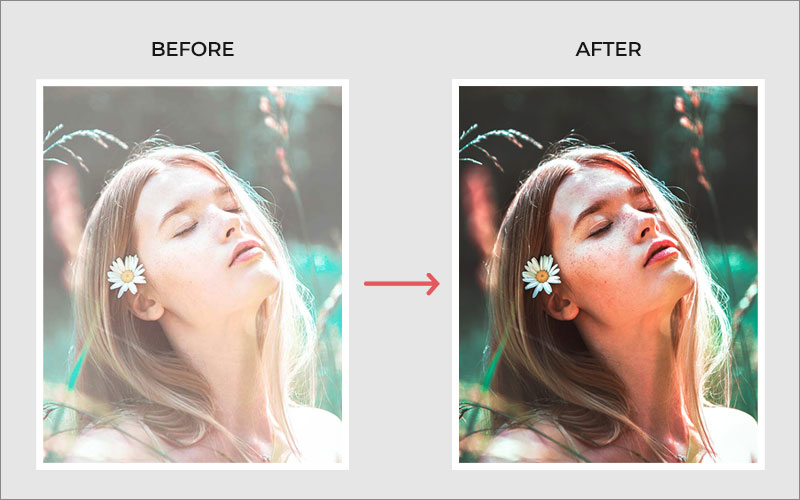Does Delta 9 Get You Faded

Delta 9 tetrahydrocannabinol, commonly known as Delta 9 THC, is the primary psychoactive compound in cannabis. Its effects are well-documented, but the intensity of the experience, often referred to as being "faded," can vary significantly. This article explores the factors influencing the Delta 9 experience and examines how it affects individuals differently.
Understanding the nuances of Delta 9's effects is crucial, especially as cannabis legality continues to expand. This exploration aims to clarify what contributes to the varying levels of psychoactive impact experienced by users. We delve into dosage, individual tolerance, method of consumption, and the entourage effect, examining how they interact to shape the Delta 9 experience.
What is Delta 9 THC?
Delta 9 THC is a cannabinoid found in cannabis plants. It interacts with the body's endocannabinoid system, primarily binding to CB1 receptors in the brain. This interaction leads to a cascade of effects, including altered perception, mood changes, and cognitive shifts.
The psychoactive nature of Delta 9 distinguishes it from other cannabinoids like CBD. CBD is non-intoxicating and does not produce the same euphoric or altered states of consciousness associated with Delta 9.
Factors Influencing the "Fade"
Dosage and Potency
One of the most significant determinants of the Delta 9 experience is the dosage consumed. Higher doses generally lead to more intense effects. Product potency, measured as the percentage of THC, also plays a crucial role; products with higher THC concentrations will deliver a more potent experience.
Edibles, for instance, often have delayed onset and potentially stronger effects due to metabolization in the liver. Smoking or vaping, on the other hand, delivers THC directly to the bloodstream, resulting in a quicker but potentially shorter-lived effect.
Individual Tolerance
Tolerance to Delta 9 varies considerably from person to person. Regular cannabis users often develop a higher tolerance, requiring larger doses to achieve the same effects. Conversely, infrequent users or those new to cannabis may experience significant effects from even small doses.
Factors like body weight, metabolism, and genetics also influence individual tolerance. These variables contribute to the unpredictability of the Delta 9 experience across different individuals.
Method of Consumption
The method of consumption significantly alters the onset, duration, and intensity of Delta 9's effects. Inhalation methods, like smoking or vaping, provide rapid onset, typically within minutes, with effects lasting for a shorter period (1-3 hours).
Edibles, however, require digestion and metabolization in the liver. This process results in delayed onset (30 minutes to 2 hours) but can lead to more intense and longer-lasting effects (4-8 hours or more).
The Entourage Effect
The entourage effect describes the synergistic interaction of various cannabinoids, terpenes, and other compounds in cannabis. These compounds work together to modulate the overall experience.
For example, certain terpenes might enhance the psychoactive effects of Delta 9, while others may mitigate anxiety or paranoia. Full-spectrum products, containing a wide array of these compounds, are often associated with a more nuanced and potentially less intense experience compared to isolated Delta 9 products.
Potential Risks and Side Effects
While many users enjoy the effects of Delta 9, it's important to acknowledge potential risks and side effects. Common side effects include anxiety, paranoia, dry mouth, red eyes, and impaired cognitive function.
In some cases, individuals may experience more severe effects, such as panic attacks, hallucinations, or psychotic episodes. These are more likely to occur with high doses or in individuals with pre-existing mental health conditions. The National Institute on Drug Abuse (NIDA) emphasizes the importance of responsible use and awareness of these potential risks.
Legality and Regulations
The legal status of Delta 9 varies significantly depending on the jurisdiction. In some areas, cannabis is fully legal for recreational and medicinal use, while in others, it remains strictly prohibited.
Even in regions where cannabis is legal, regulations often govern the potency and distribution of Delta 9 products. Consumers should be aware of the specific laws in their area and ensure they are purchasing products from licensed and regulated sources.
The Human Element
For some, the "fade" from Delta 9 represents relaxation and enhanced creativity. For others, it might be a source of anxiety or disorientation.
One user, Sarah M., described her experience, "It's really about managing expectations and understanding my own limits. Start low and go slow has always been my mantra." This sentiment underscores the importance of responsible consumption and self-awareness.
Conclusion
Whether Delta 9 gets you "faded" depends on a complex interplay of factors. Dosage, individual tolerance, method of consumption, and the entourage effect all contribute to the overall experience.
Understanding these factors, as well as potential risks and legal considerations, is crucial for responsible and informed cannabis use. Further research is needed to fully elucidate the complex interactions between Delta 9 and the human body.


















